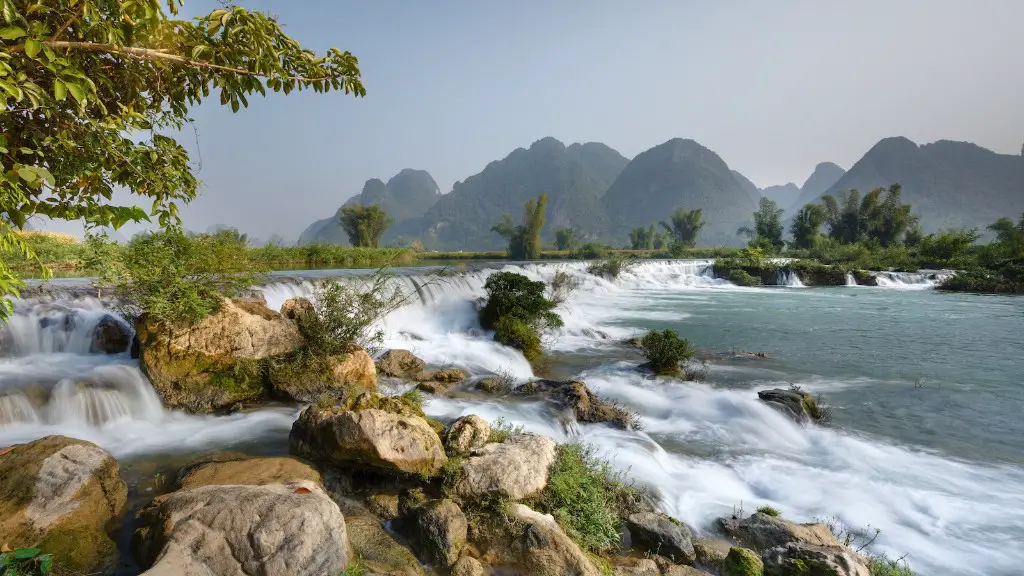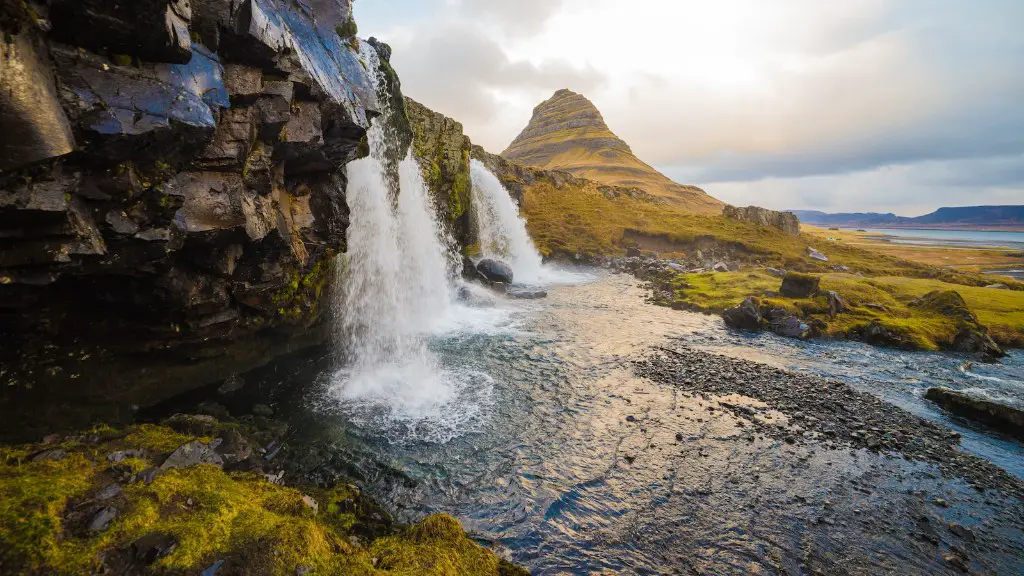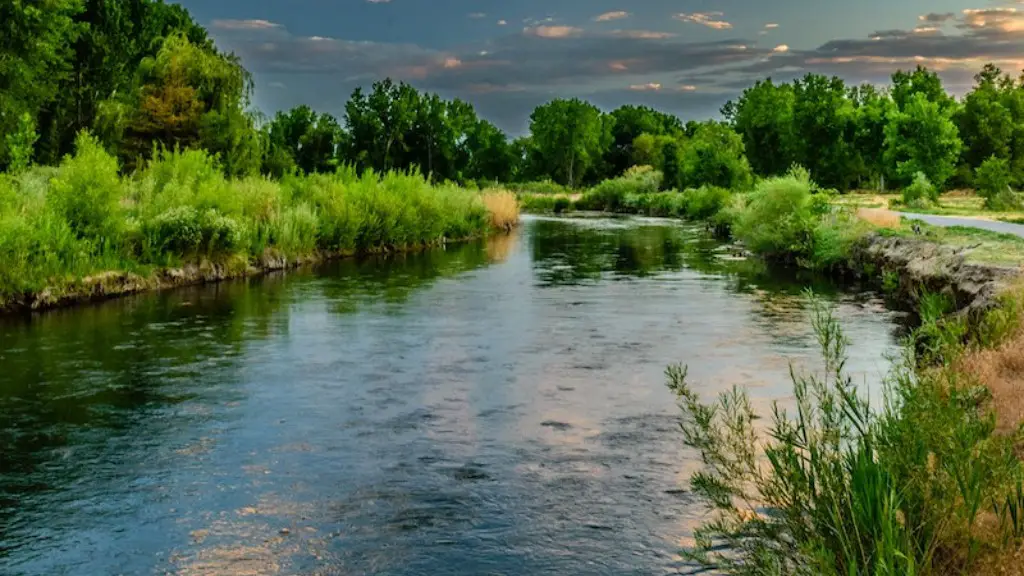Overview Of Mississippi River
The mighty Mississippi River is one of the longest rivers on Earth, stretching about 2,350 miles from its source in Lake Itasca, Minnesota, to its delta in Louisiana. It rises from the ground in north-central Minnesota, then flows through several states, including Wisconsin, Iowa, Illinois, Missouri, Kentucky, Tennessee, Arkansas, and Mississippi before joining the Gulf of Mexico in Louisiana. Along the way, it passes through twelve different states and is fed by numerous tributaries and waterways. It also drains an immense watershed system, covering all or parts of 32 states and two Canadian provinces.
History Of Swimming in the Mississippi River
Swimming in the Mississippi River has been a part of life for many generations. Historically, swimming was used as a form of transportation, recreation, and leisure by Native Americans, pioneers, and early settlers. For generations, local families have cooled off in the Mississippi River during hot summer days and fished for dinner.
Current Debate on Safety Of Swimming in the Mississippi River
In recent years, however, the question of swimming in the Mississippi River has become increasingly controversial. In recent years, public health officials have raised serious concerns about swimming in the Mississippi River due to the presence of numerous types of bacteria, viruses, and hazardous materials that can cause serious health problems. As a result, many local governments have discouraged swimming in the river and have posted signs warning about the potential health risks posed by swimming in the river.
Potential Hazards Of Swimming in the Mississippi River
The biggest potential hazard of swimming in the Mississippi is the presence of bacteria and viruses. According to the Environmental Protection Agency (EPA), the Mississippi River is home to a variety of organisms that can cause serious illness, including E. coli, Salmonella, and Shigella. The river is also susceptible to heavy algal blooms, which can create unhealthy levels of oxygen in the water. In addition, the Mississippi River has been known to contain hazardous materials, like lead, mercury, and sewage runoff.
Risk of Communicable Diseases From Swimming in the Mississippi River
Swimming in the Mississippi River also poses a risk of contracting communicable diseases. According to the Centers for Disease Control and Prevention (CDC), swimming in bodies of water contaminated with human feces can put people at risk of cryptosporidium and giardia, two parasites that can cause diarrhea, stomach cramps, dehydration, and fever.
Recommendation by Health Officials
Due to the potential health risks associated with swimming in the Mississippi River, the CDC and EPA have both issued warnings about avoiding contact with the water. The CDC recommends that people avoid swimming in contaminated water, and if they do choose to swim, to practice safe swimming habits, such as showering before and after swimming. The EPA also recommends that people avoid swimming in contaminated water, as well as avoiding contact with the bottom of the river.
Accessible Swimming Areas on the Mississippi River
Despite the risks associated with swimming in the Mississippi River, there are still some areas of the river where swimming is allowed. In many cases, safe swimming areas are located at river access points that are monitored by lifeguards or trained staff. Swimming areas near cities, such as Venice, Port Allen, and Vicksburg, Mississippi, usually have safe swimming areas that are free of dangerous organisms.
Conclusion
The Mississippi River is an important environmental and cultural resource, but it is also home to numerous hazards. Swimming in the river can be dangerous, and it is important to be aware of the risks associated with swimming in contaminated water. Although swimming in some areas of the river is allowed, it is important to be aware of the potential risks associated with it, and to always practice safe swimming habits.


